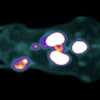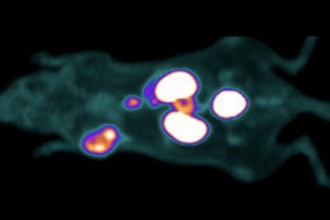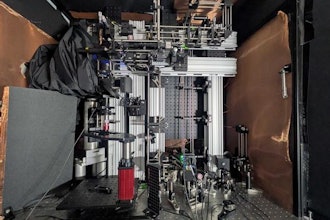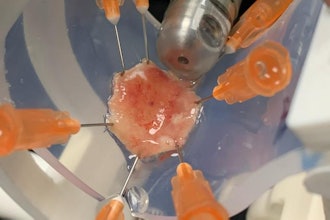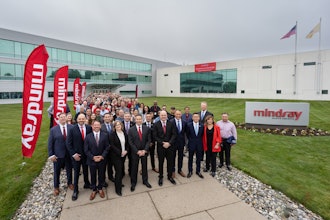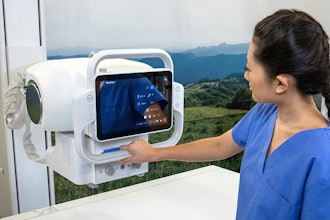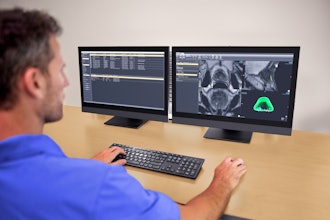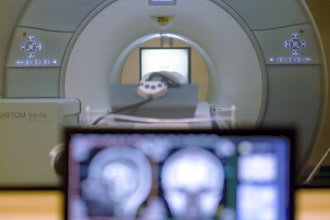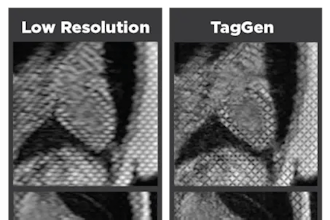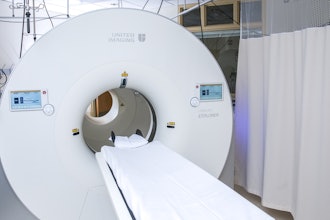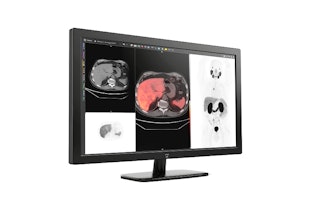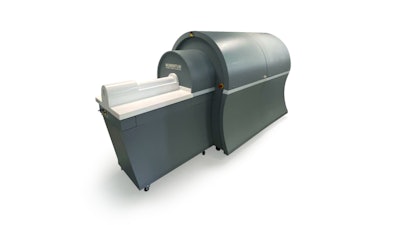
Magnetic Insight, a company specializing in magnetic particle imaging (MPI), has announced several recent developments including the appointment of Chris A. Raanes as the company’s new CEO effective February 21 along with a joint grant with The University of California at Berkeley to improve the spatial resolution of MPI and an NIH grant to drive the sensitivity of MPI to the physics limits.
Magnetic Insight specializes in MPI, a tracer imaging technology that offers the sensitivity of nuclear medicine without using radioactive tracers. In contrast to traditional methods, MPI offers enhanced image quality, simple logistics without time-critical deliveries, and no radiation exposure, enabling new applications and improving patient and doctor experience while reducing overall healthcare costs.
Raanes will drive Magnetic Insight’s transition from preclinical to clinical space, changing what is possible in the medical imaging field. Raanes has over twenty years of experience in the medical device sector, having led companies through pivotal stages of growth and commercialization. Previously, he served as Spire Health’s President and Chief Executive Officer, where he supported the commercialization of a wearable sensor for respiratory patients. As President and CEO of ViewRay, he brought the company public on the NASDAQ and led the commercial introduction of the MRIdian, an MRI-guided radiation therapy system. He also held executive positions at Accuray Incorporated and Perkin Elmer Optoelectronics. He holds a B.S. and an M.S. in Electrical Engineering from the Massachusetts Institute of Technology.
Magnetic Insight is supported by a combination of venture capital funding from leading technology investors, including Celesta Capital and 5AM Ventures, and scientific grant funding from the National Institutes of Health (NIH).
Magnetic Insight was also awarded a multi-million-dollar NIH Phase II Small Business Innovative Research (SBIR) grant to develop the engineering underpinning their clinical MPI imaging platform development. The project addresses the absence of a clinical MPI scanner by building the low-noise electronics necessary for the general-purpose clinical MPI scanner, leveraging innovations in transmit/receive subsystem design and implementation.
This recent grant award augments funding from a separately announced collaborative NIH U01 grant with the University of California Berkeley to dramatically improve Magnetic Particle Imaging (MPI) spatial resolution and accelerate imaging applications for CAR-T cell therapies, stroke, gastrointestinal (GI) bleeds, and pulmonary embolisms, and an ongoing collaborative NIH Phase II SBIR grant with Johns Hopkins to integrate magnetic fluid hyperthermia into Magnetic Insight’s clinical imager under development to expand MPI’s application base beyond cancer diagnosis to include cancer treatment.



